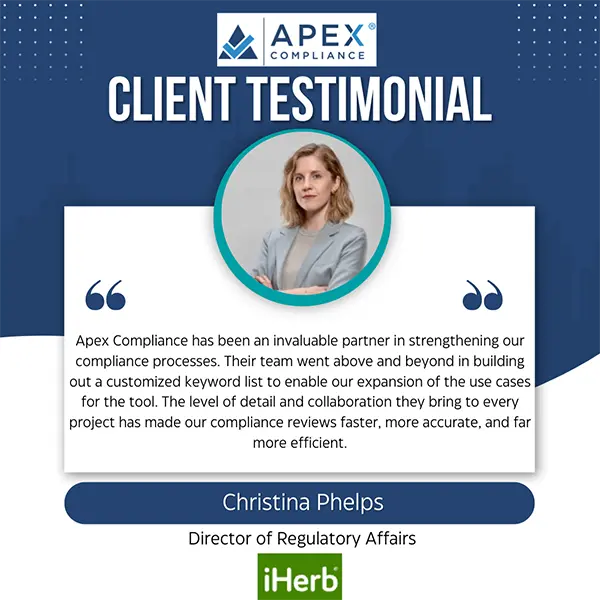
Arthritis Claims Enforcement
Learn from other’s mistakes
Since the beginning of 2023, 11 warning letters have been issued for arthritis-related supplements and topical product claims. Here, I explore these warning letters, look at common trends, and share key takeaways.
Higher-risk disease claims: I have always wondered if making arthritis claims alone is enough to trigger a warning letter. The answer is surprisingly “not really.” All warning letters since the beginning of 2023 have included high-risk words like cancer, depression, and fibromyalgia, except one. This warning letter accompanied GMP citations and included arthritis claims that were part of an out-of-compliance OTC drug that did not follow the official monograph.
Social media and YouTube: 45% (5 out of 11) mention claims on social media and YouTube. This is not a surprising number, and it shows FDA’s continued focus on social media marketing claims. Some of the cited social posts were a couple of years old, which is a reminder to ensure even those old posts are “clean” of disease claims.
Are you interested in finding the high-risk statements on your website, videos, and content before publishing? My software product, Apex Compliance, can help you identify and replace these high-risk phrases before they lead to warning letters and lawsuits. Our AI has been custom-trained on compliance principles, including warning letters, and it helps you understand what compliant language looks like. Learn more and set up a free demo here.
Blogs: 18% include claims made in blogs. I’ve written a lot of this before, such as in this post.
GMP Inspections Lead to Marketing Review: 27% of letters started with a GMP inspection, which led to a marketing review. I write more about this here.
Drug-spiked ingredients were mentioned in 18% of these letters.
The moral of the story is to keep disease words like arthritis out of marketing, and they will signal to authorities to look deeper for other high-risk marketing phrases.

